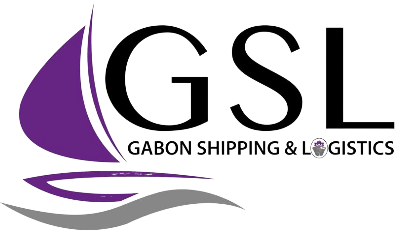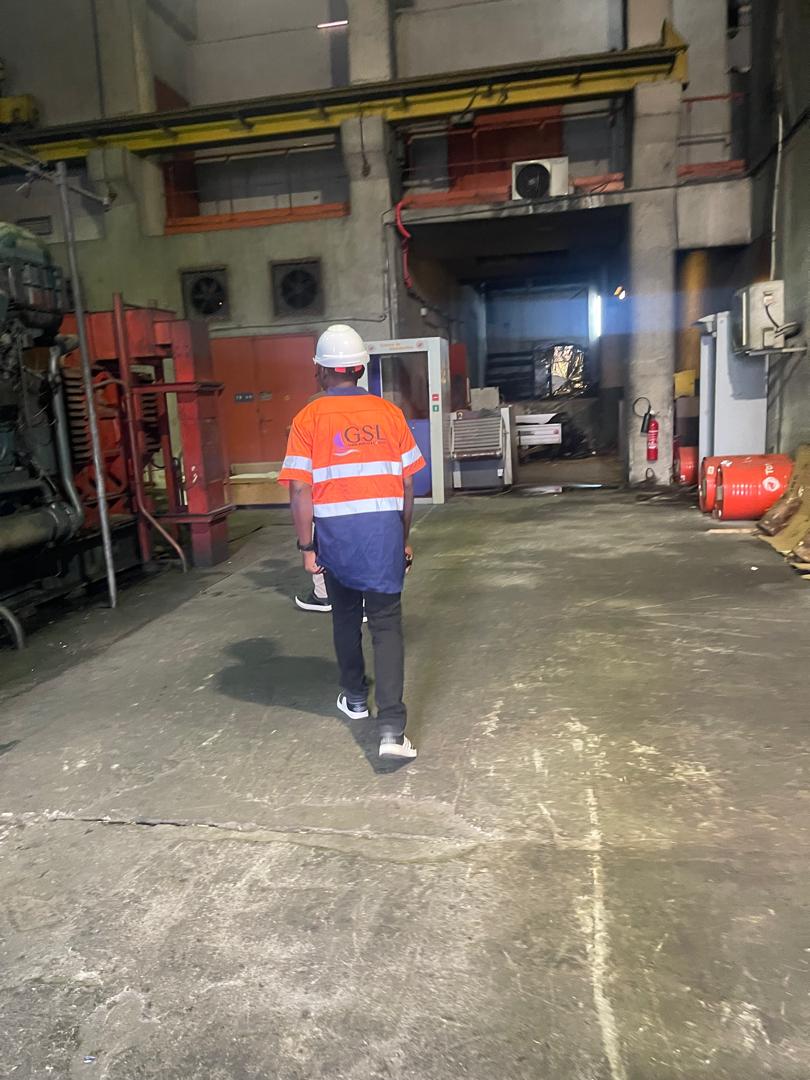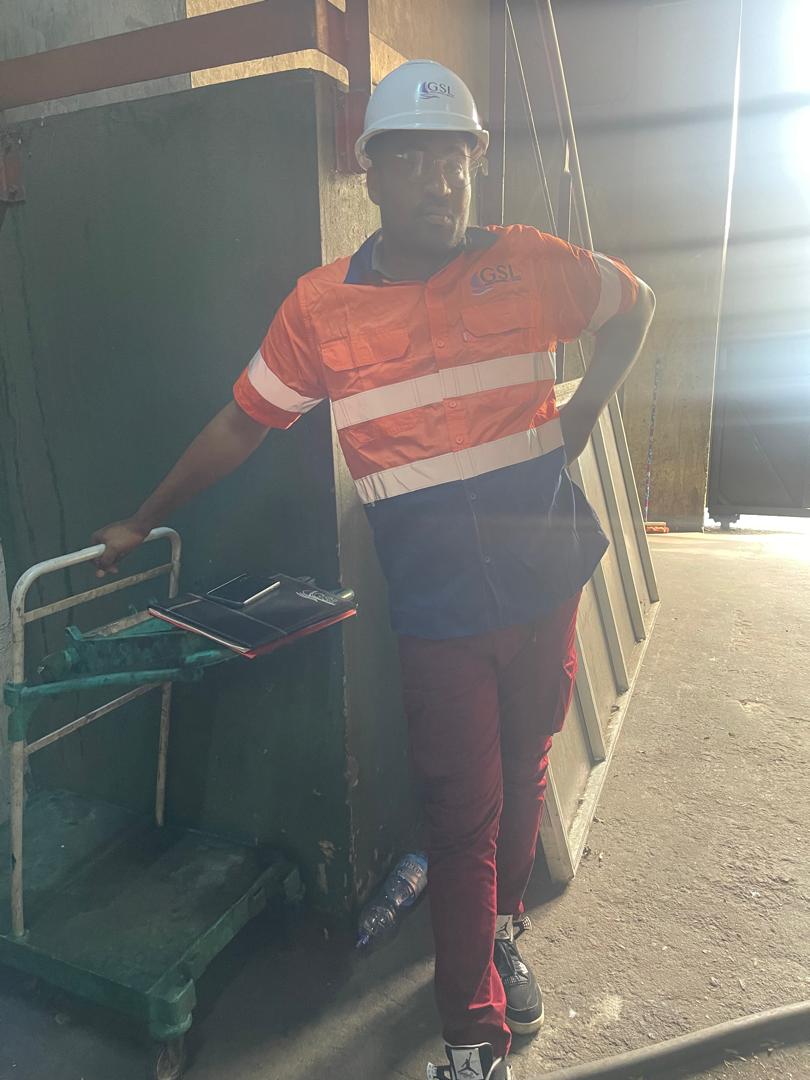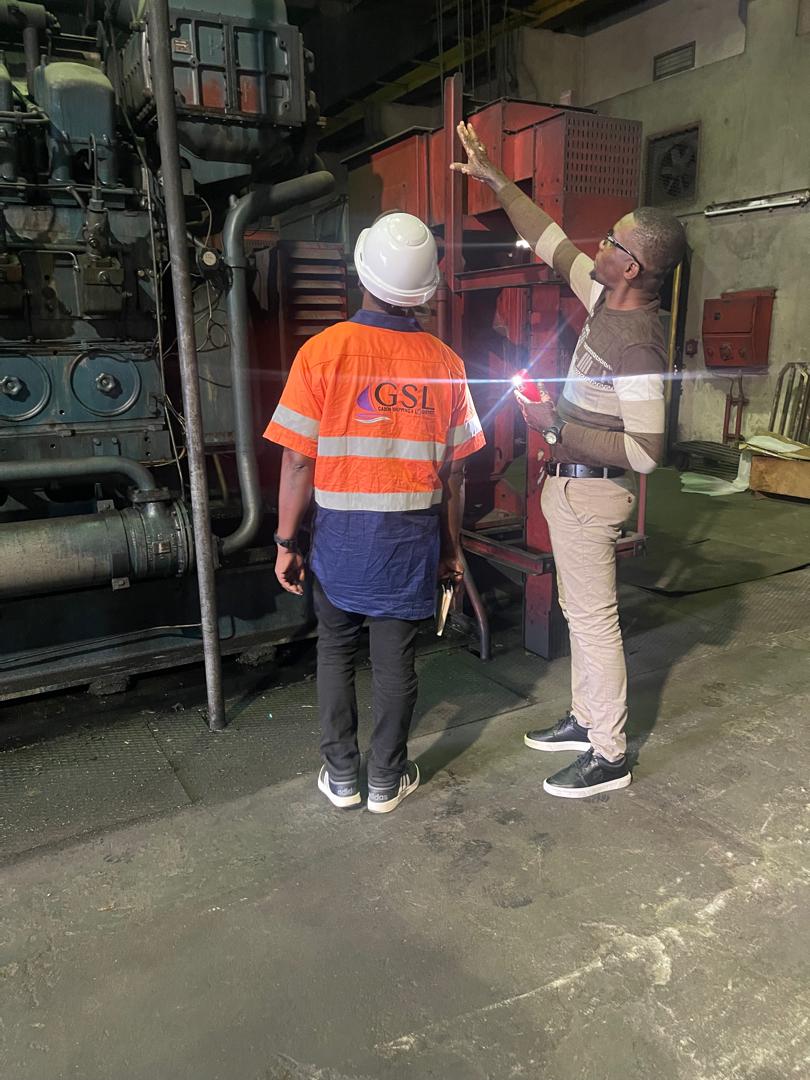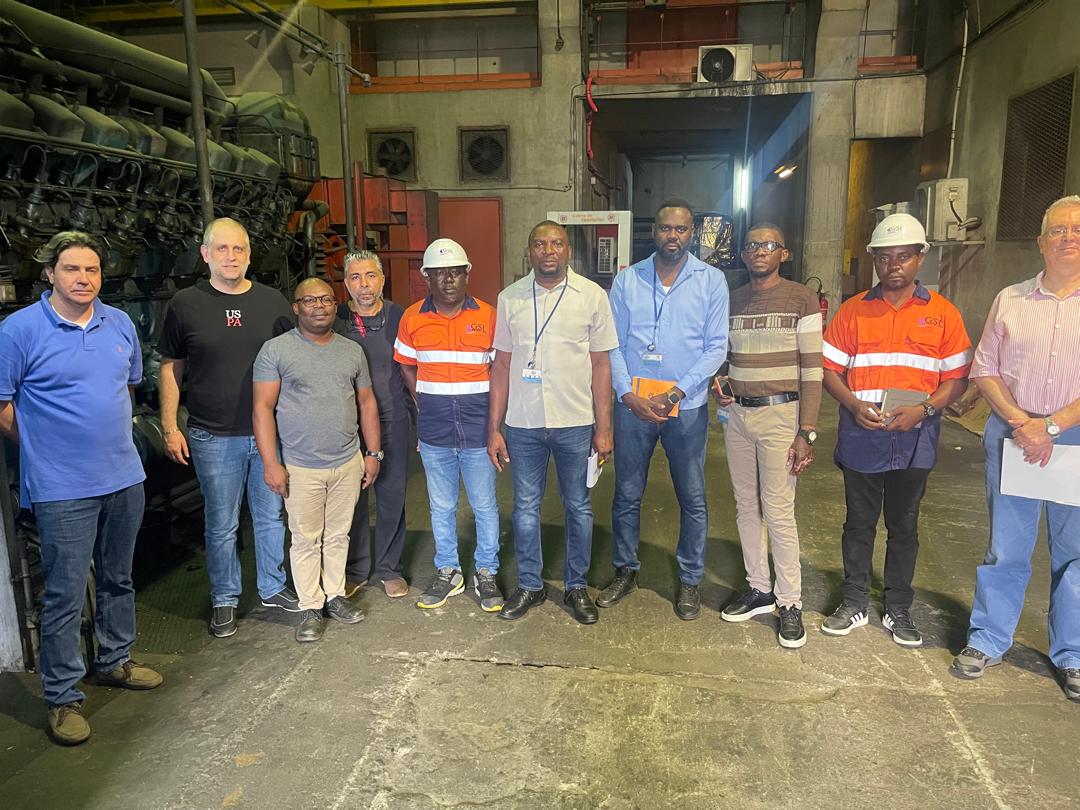#Technology and logistics
Revolution in Goods Traceability
Blockchain technology is transforming the traceability of goods in the import-export sector. By using decentralized and immutable ledgers, it provides unparalleled transparency throughout the supply chain. Smart captions, standalone contracts and secure recordings reduce fraud, speed up customs clearance processes and build trust between stakeholders.
Simplifying Cross-Border Payment Processes
Blockchain also facilitates international financial transactions. Cross-border payments, traditionally complex and subject to delays, benefit from the speed and security offered by this technology. Smart contracts automate payments once predefined conditions are met, reducing costs and delays associated with international money transfers.
Competitive Advantages and New Perspectives
The integration of blockchain into international logistics offers major competitive advantages. Companies adopting this technology are positioning themselves at the front of the race for operational efficiency, security and reliability. Additionally, increased transparency attracts new investors and opens opportunities for robust business partnerships on a global scale.
Challenges and Barriers to Widespread Adoption
Despite its benefits, widespread adoption of blockchain in international logistics faces challenges. High initial implementation costs, standardization issues and data privacy concerns remain obstacles. However, collaborative initiatives and tailored regulatory frameworks could accelerate large-scale adoption.
The Future: Continuing Evolution and New Perspectives
The future of international logistics is closely linked to the evolution of blockchain. This technology promises a radical transformation, improving the transparency, security and efficiency of global trade. With increased collaboration and efforts to solve challenges, blockchain is expected to become an essential pillar of international trade.



